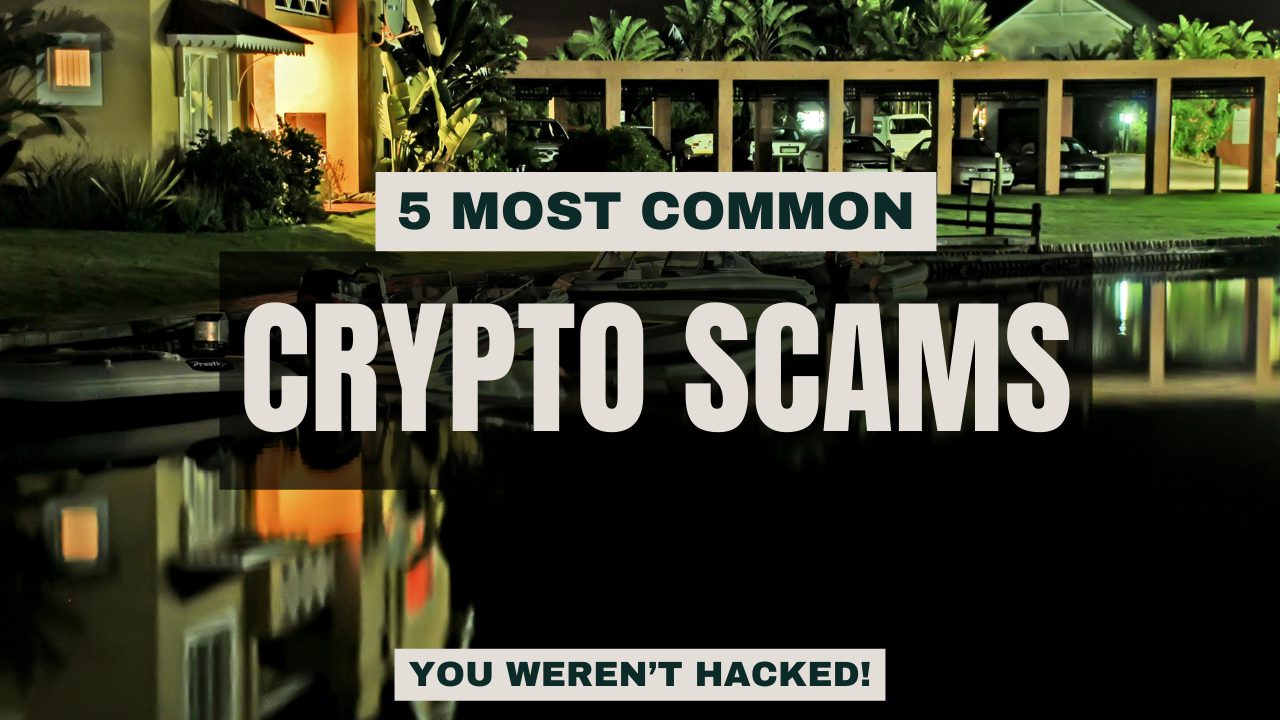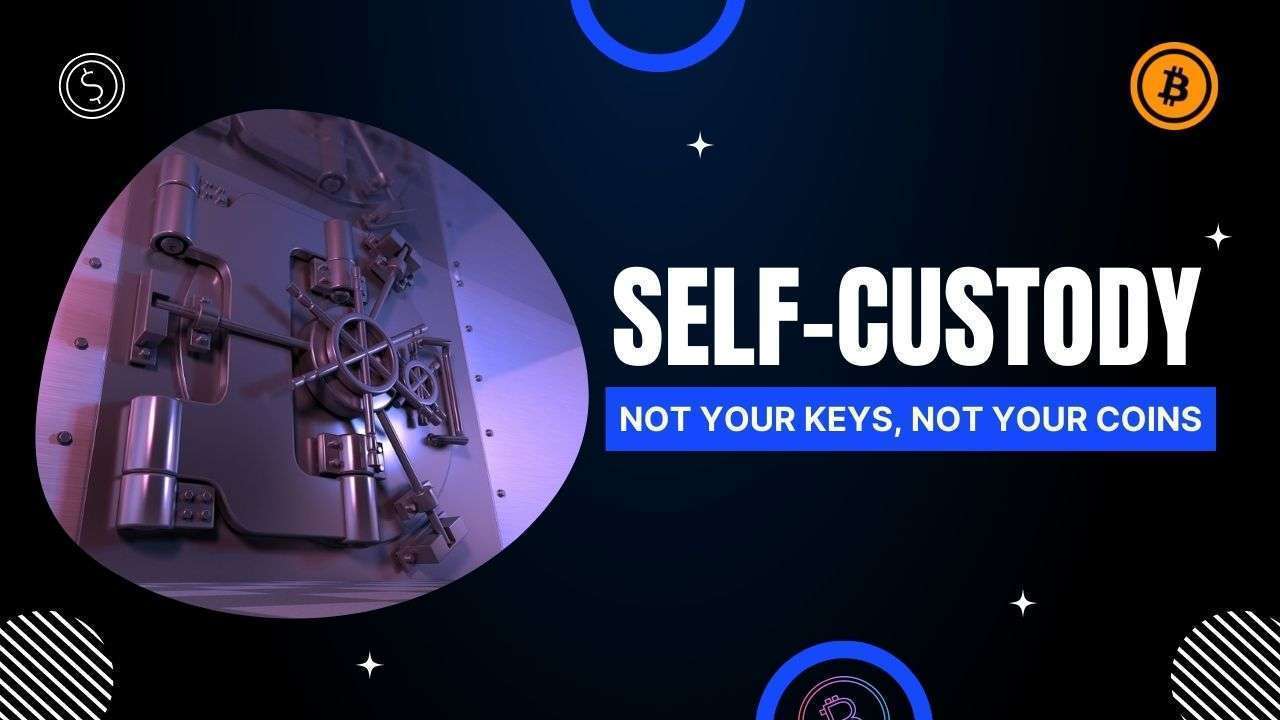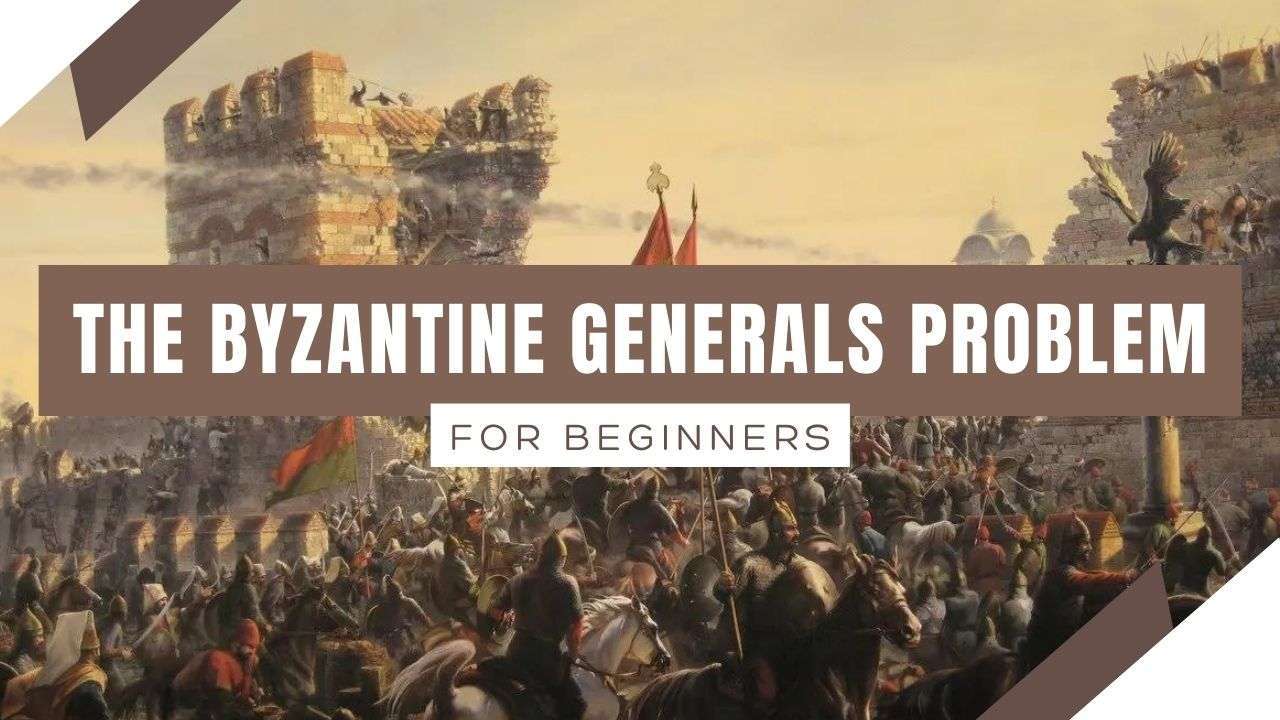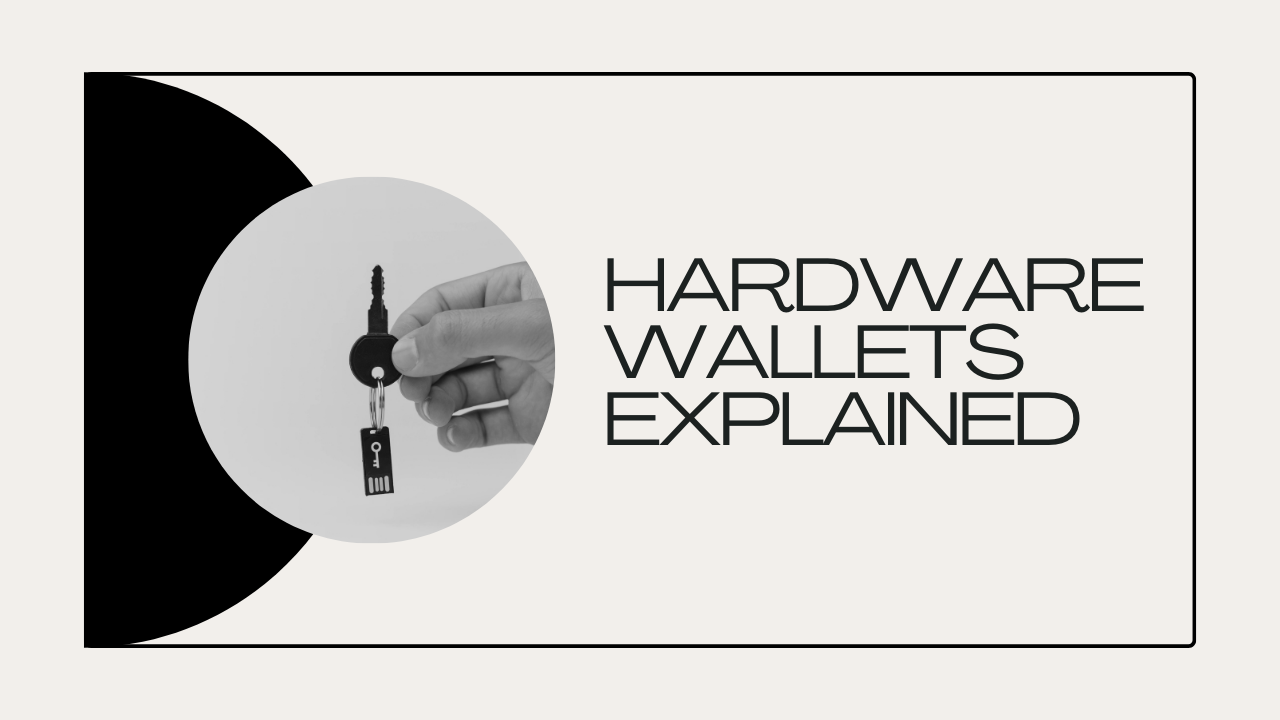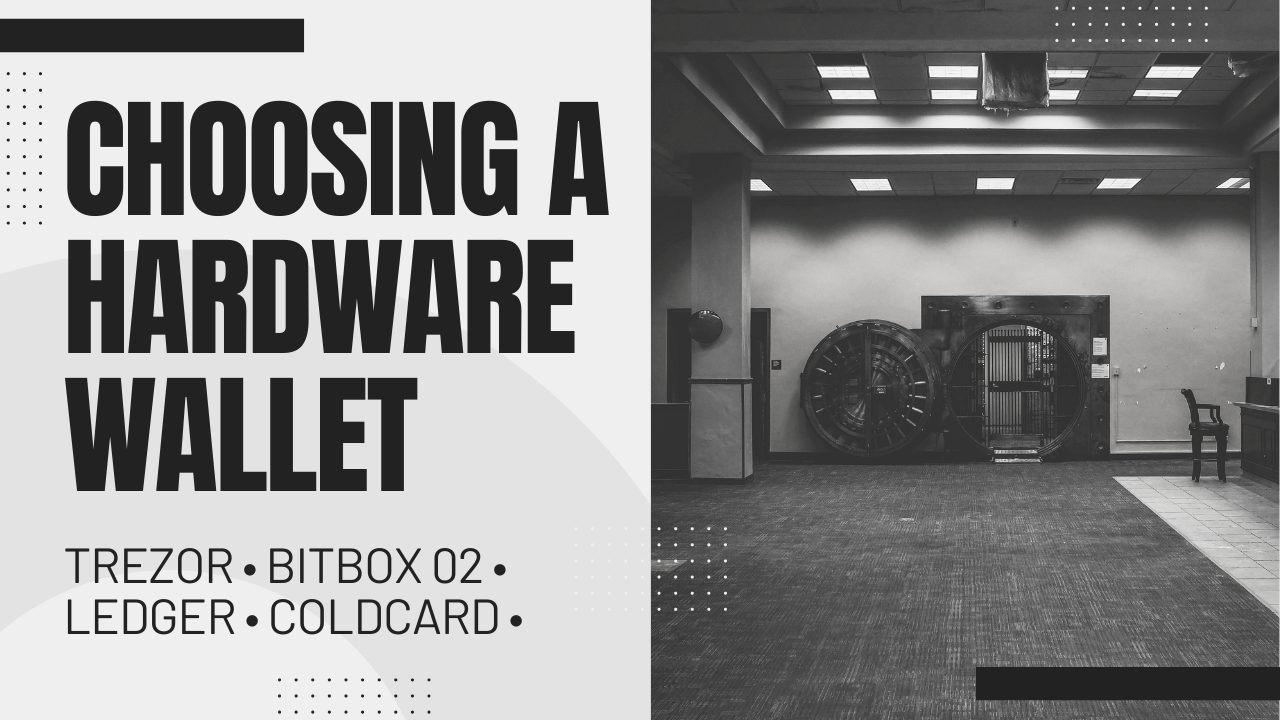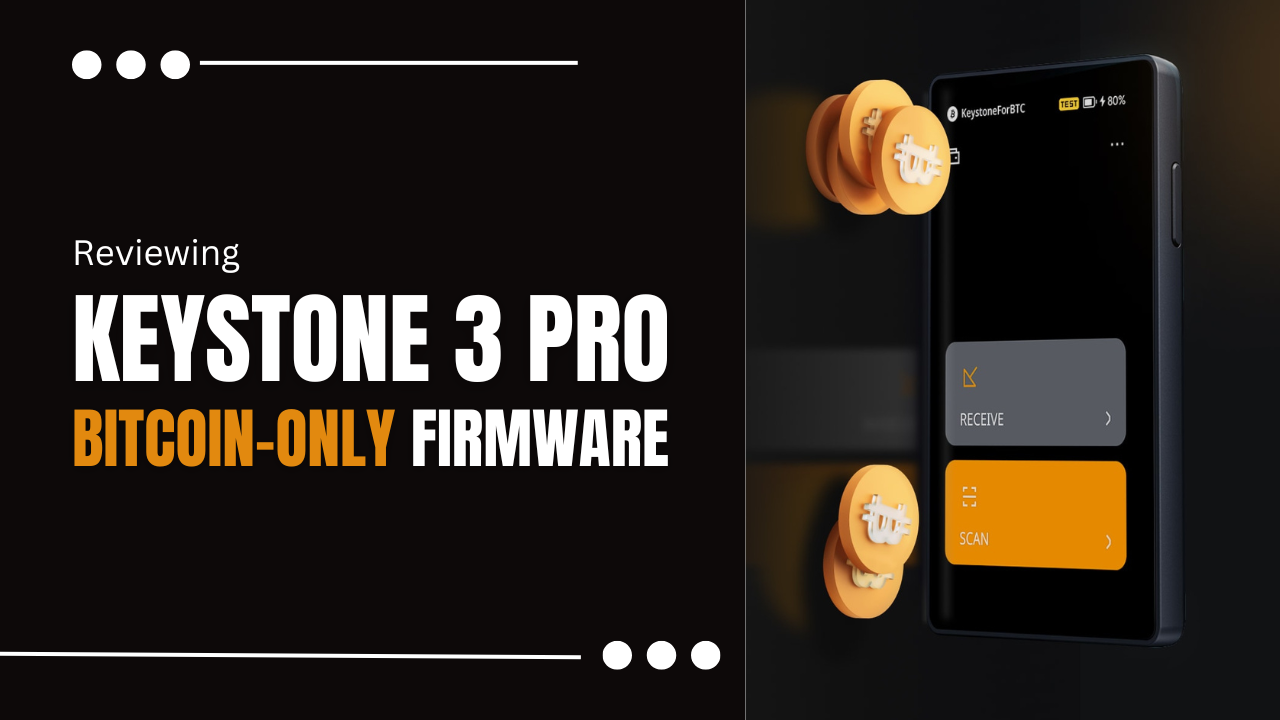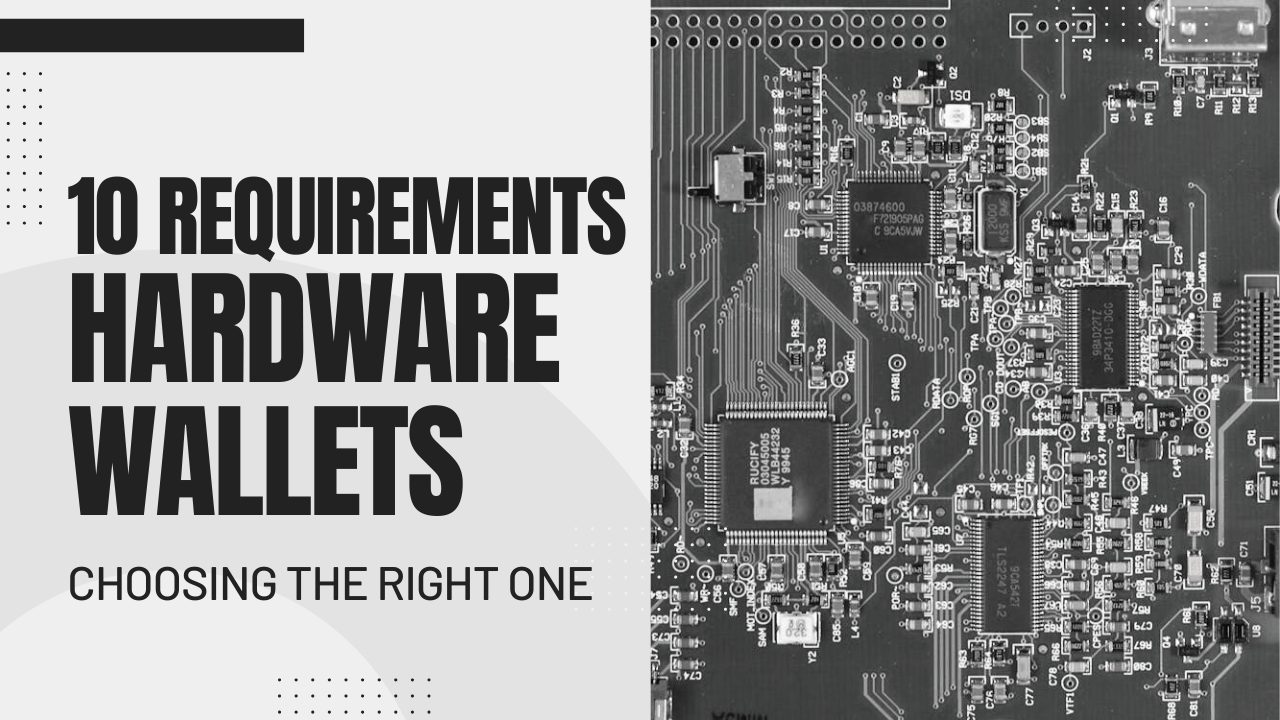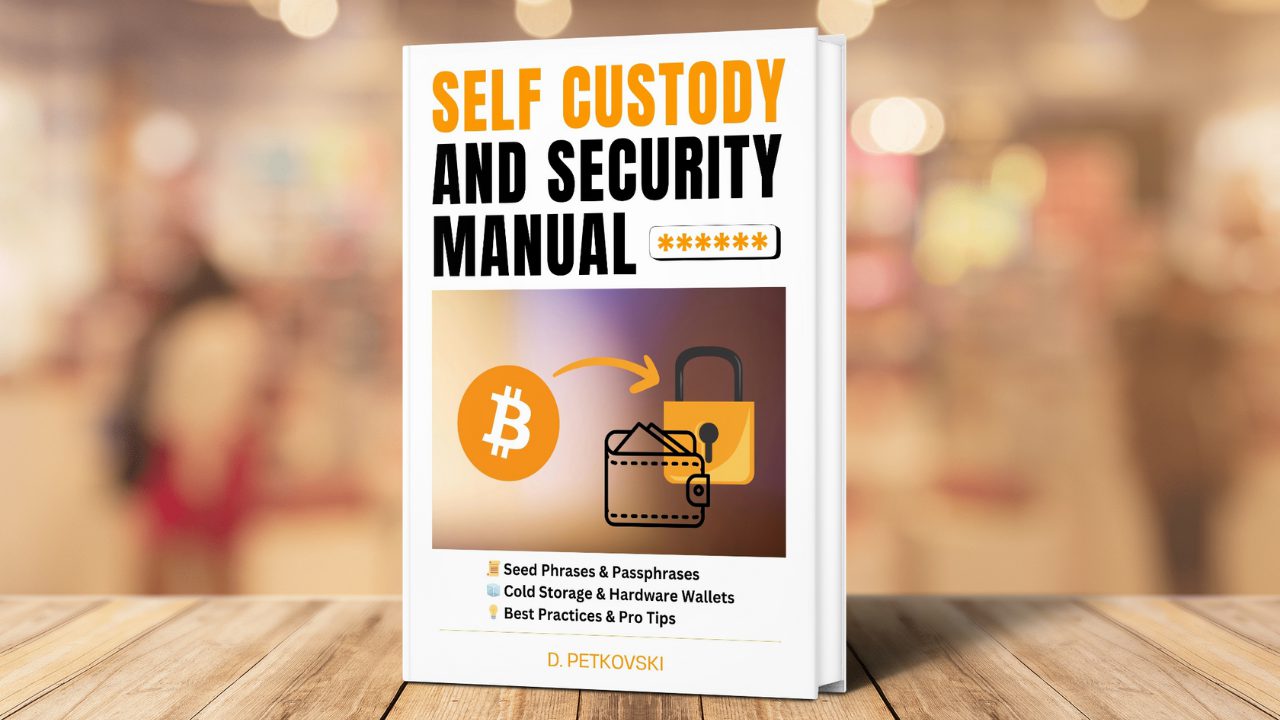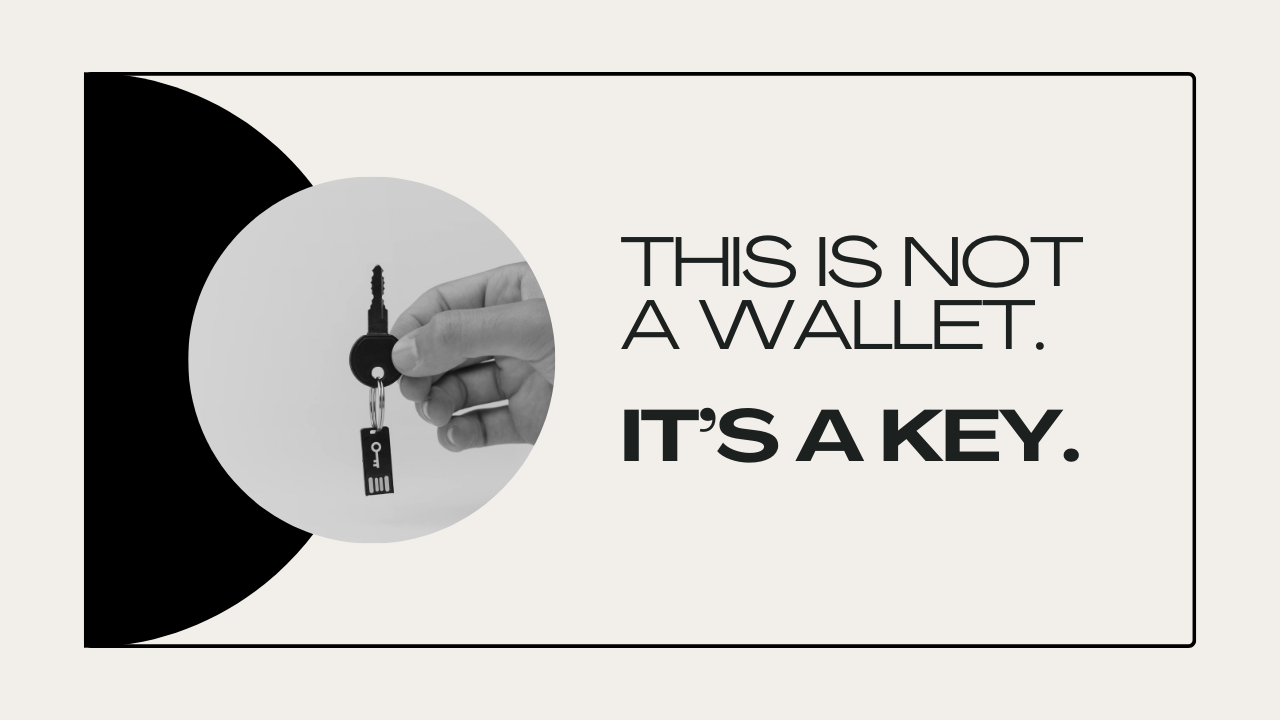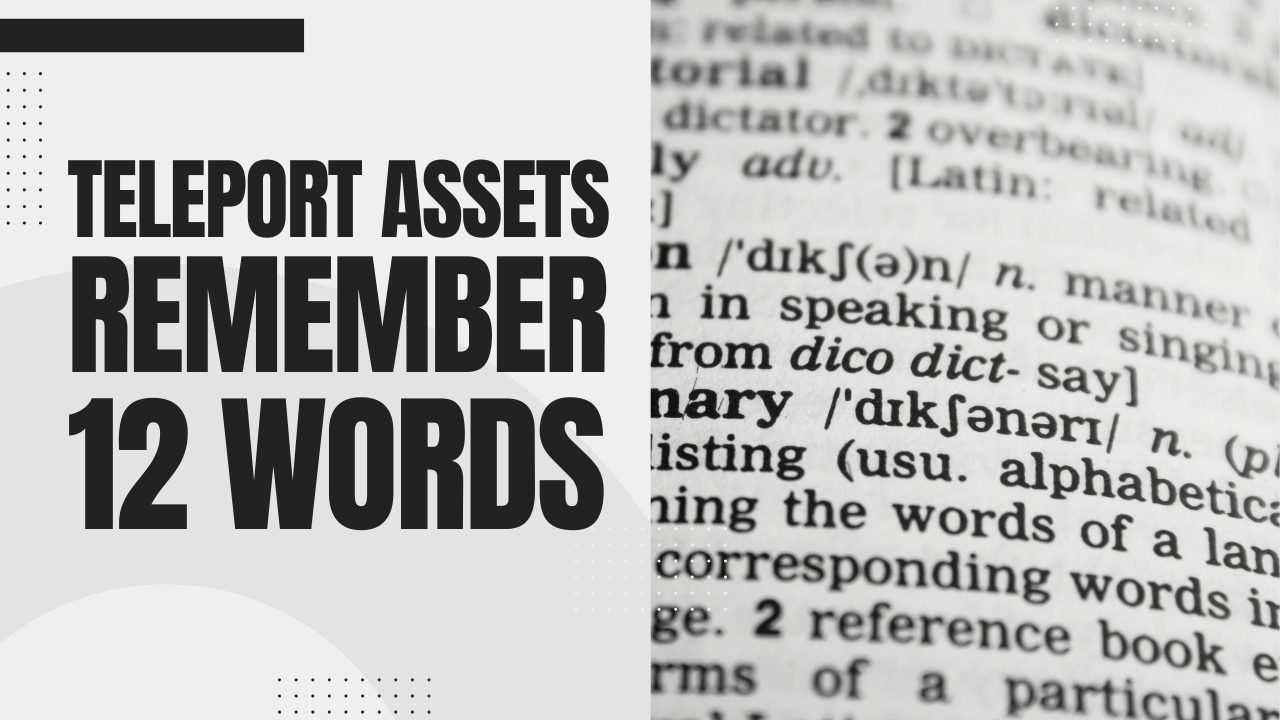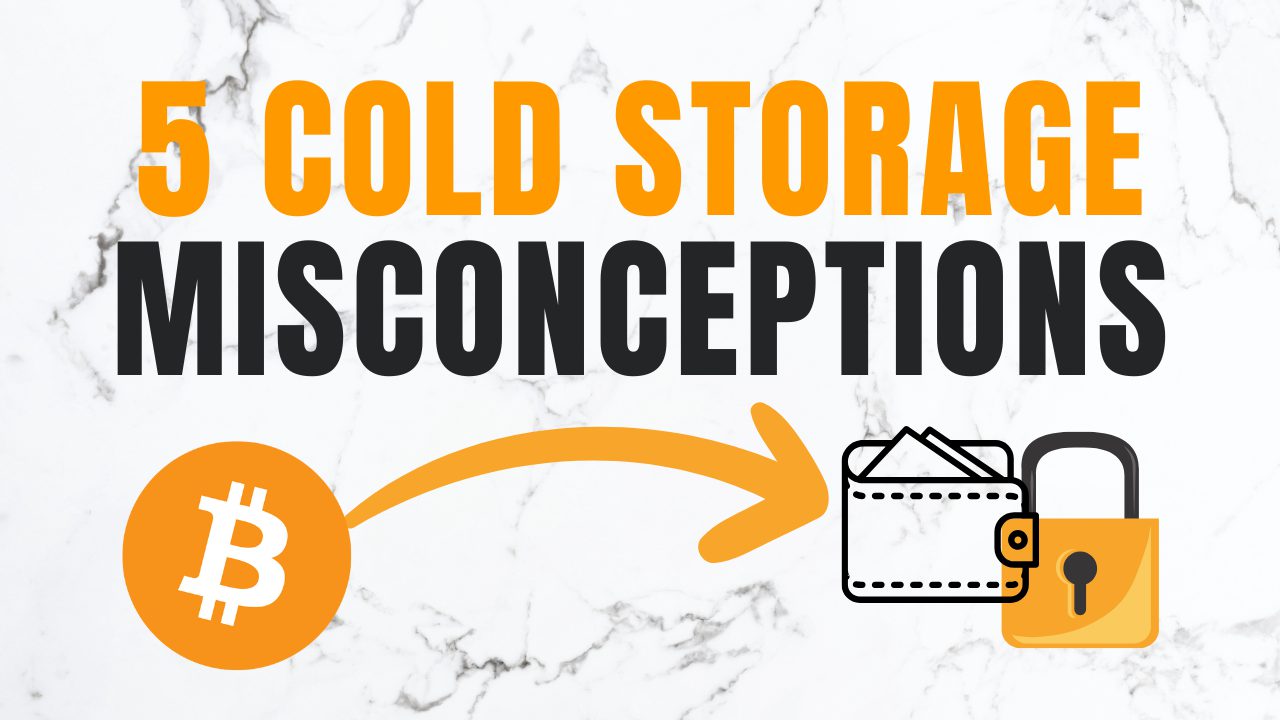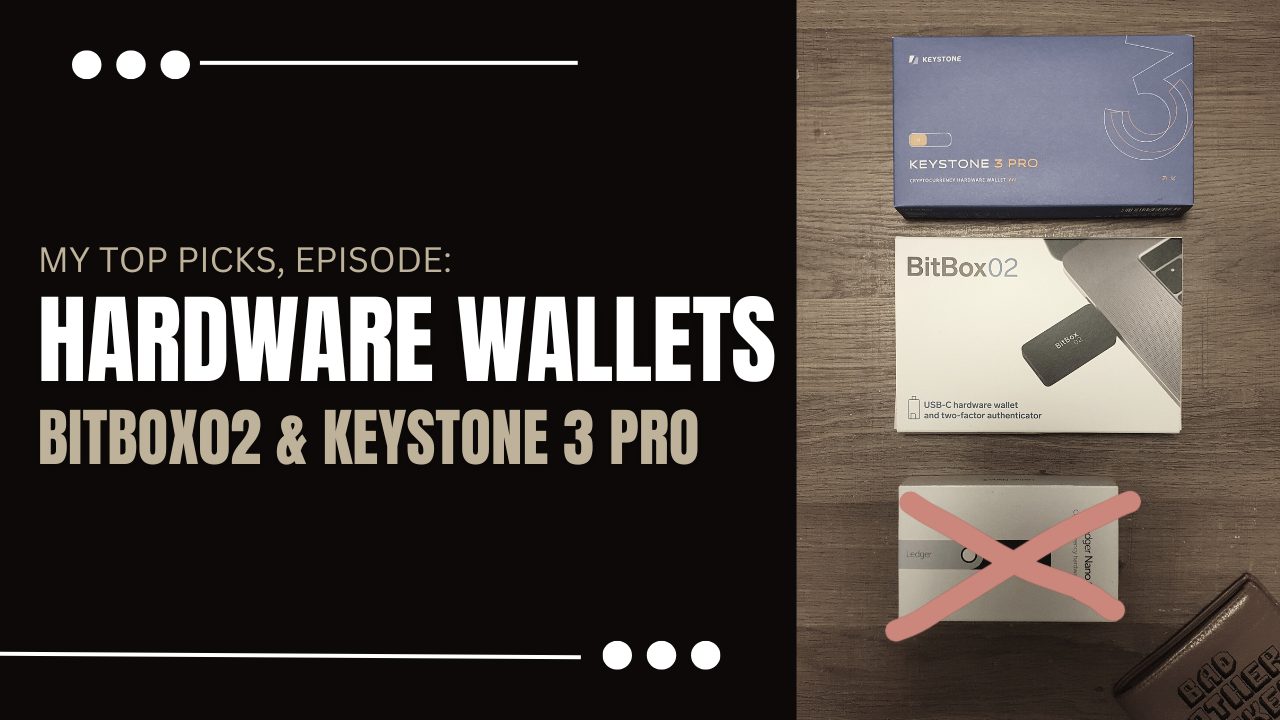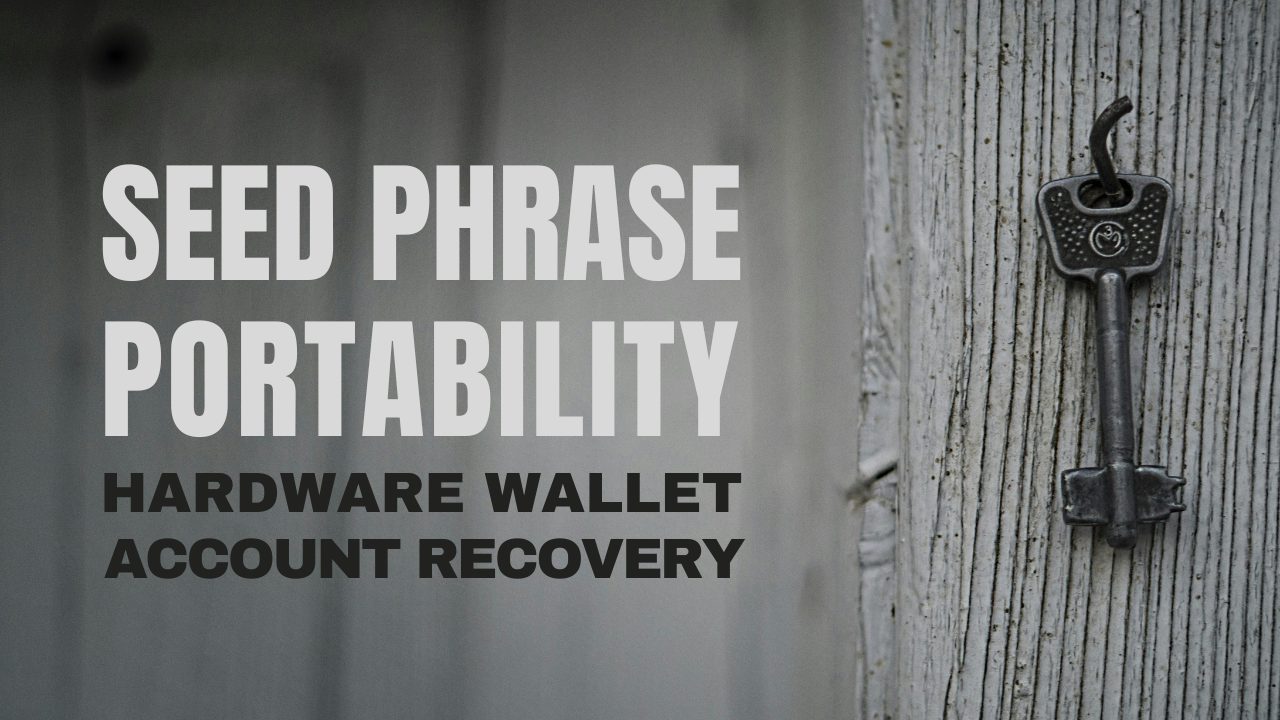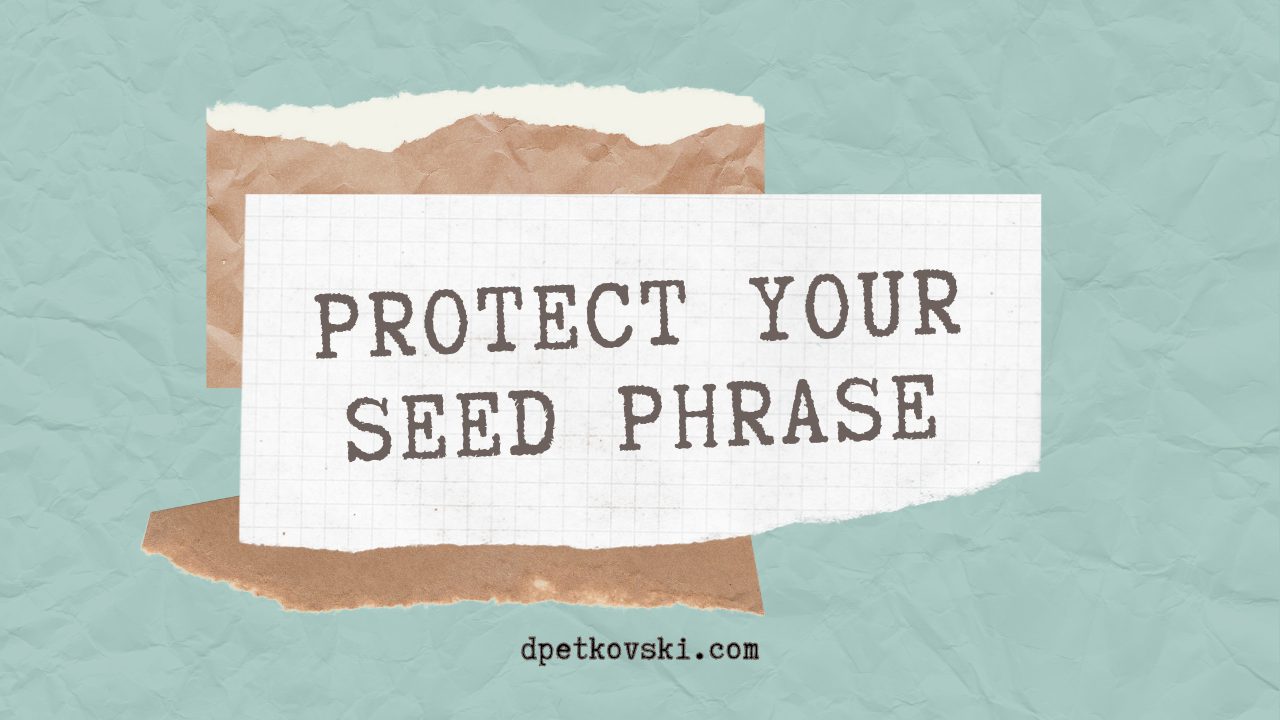
Having control over your seed phrase is equivalent to having control over your crypto.
I already covered the importance of self-custody before, so if you’re reading this post, make sure to know the basics.
With that being said, let’s dive into how you can protect your seed phrase and increase the security of your crypto assets.
1) Never share the words with anyone
This is the only thing you need to do to be safe. If you do it properly, you’re an expert in crypto security.
People complain about “getting hacked” daily – check any crypto/DeFi subreddit. But all of the stories end up having the same root cause: the person gave their seed phrase to someone. They weren’t a victim of a hack… They fell for a scam.
Again, ownership of the private keys means ownership of the address they control.
When you share them with someone, you’re basically sharing the ownership.
2) Don’t save your seed phrase online
Same as every point in this post, this one is tightly related to never sharing your keys with anyone.
When you have your words in your mailbox’s Drafts folder or you’ve sent them to yourself on social media, you’ve technically shared them with the world.
They’re potentially exposed to employees of the services you’re using, to platforms with which you interact, or any user of a device you’re logged or have been logged into, etc.
The solution is simple: use pen and paper.
3) Keep the paper safe and hidden
Have your 12-24 words written clearly on a piece of paper and hide it from the world.
Put it in a place that’s easily accessible by you, but not for anyone else. Don’t only think about burglars, but also people you live with – even without bad intentions, they can leak it or lose it due to negligence.
The stories about suckers searching dumpsters for hard-disks are mainstream nowadays… All of that can be avoided if you have this piece of paper..
And don’t use bank deposit boxes to store your whole seed phrase, as it may defy the whole concept of “not your keys, not your coins”.
4) Never take a picture of your seed phrase
You may think “in case of fire or flood, it’s a good idea to have a digital copy”.
No, it’s not.
A picture on your phone is equally (or even more) vulnerable like the examples from point 2.
Think about every application that has permissions to access your media files, an unintentional share, losing your phone… I can go on and on!
Again, all of this can be avoided by not having a picture. And if you’re worried about your house collapsing, keep reading:
5) Have a duplicate
It’s always the case that something can happen to a piece of paper. Someone can throw it away unknowingly, it can be destroyed during unfortunate events, etc.
That’s why I think it’s a good idea to have a copy of your seed phrase stored at a different geographical location. However, there’s no one-size-fits-all solution, as it depends on your personal circumstances.
Just be mindful of the fact that a leak of a copy means losing all your digital assets when evaluating your options.
6) Don’t get too creative
You may have the urge to get a bit creative in regards to how you write down the words. The goal would be to make the seed unusable for anyone that might get a hold of your precious piece of paper.
You might have ideas like tampering some words or changing their order using an algorithm you’d remember etc.
Be careful with this.
If you’re not using your seed phrase often (you won’t), there’s a high probability that you will be the one that ends up with an unusable seed phrase.
You don’t want an over-engineered solution to stop you from accessing your funds. If you’d rely on memory, there’s a better approach:
7) Remember your seed phrase
It’s as simple as it gets: remember your 12-24 words.
All of a sudden, your assets are available to you wherever you are.
You find yourself on the other side of the world and you want to pay with Bitcoin? It’s readily available to you! You find yourself as a war refugee and they confiscate everything you own on the border? Initialize your wallet once you’re free. This way of storing your seed is also called a “brainwallet“.
Doomsday scenarios aside, similar to the previous point – due to lack of usage, your memory of it can fade away. And if you forget just a couple of words, that means you’re not controlling the address you previously did.
8) Never expose your words to the internet
Usually, seed phrases are generated by your chosen wallet provider during the setup.
But the most secure seed phrases are those that have never been exposed to the internet.
You can achieve this by using something called a hardware wallet. This is an offline device that holds your private keys, which you’d use to confirm transactions.
The extra benefit is that the private keys will never be stored in any application on your PC/laptop/phone. So even if you have a software vulnerability or you lose your unlocked phone, your funds are not at risk – nobody can access them without your keys.
9) Engrave your seed phrase into steel
Durability is where metal storage shines. This relates to protection against fire, water, and other disasters.
I’d say this is an optional tip, especially if you’re new to self-custody. But as the assets you control grow in value, you might start thinking about the longevity of your seed phrase.
Keep in mind, there are already solutions on the market that make engraving words into metal relatively easy. You won’t have to do everything yourself.
10) Use a passphrase (25th word)
A passphrase is an extra word you can use on top of your 24 words.
This will allow you to control a completely new set of addresses.
Having a 25th word is crucial. As you can choose the word yourself, it’s easy to remember, and adds extra security in case someone gets access to your 24-word seed phrase.
A common tactic is to have only a small amount of crypto in the wallet controlled by your seed phrase. And the majority of your portfolio can be stored behind the wallets controlled by the 25 words.
This way, even if you find yourself in a situation where you are forced to give out your seed phrase, you can comply and still keep custody of your actual portfolio.
I already wrote about Bitcoin’s violence resistance and this is one example of it.
Bonus tip: Use common sense
Human error is the main factor that can make or break your crypto security.
So make sure to remember these tips, but don’t forget to apply common sense to all your actions.
Enjoy self-custody!
 Husband & Father
Husband & Father  Software Engineer
Software Engineer 


